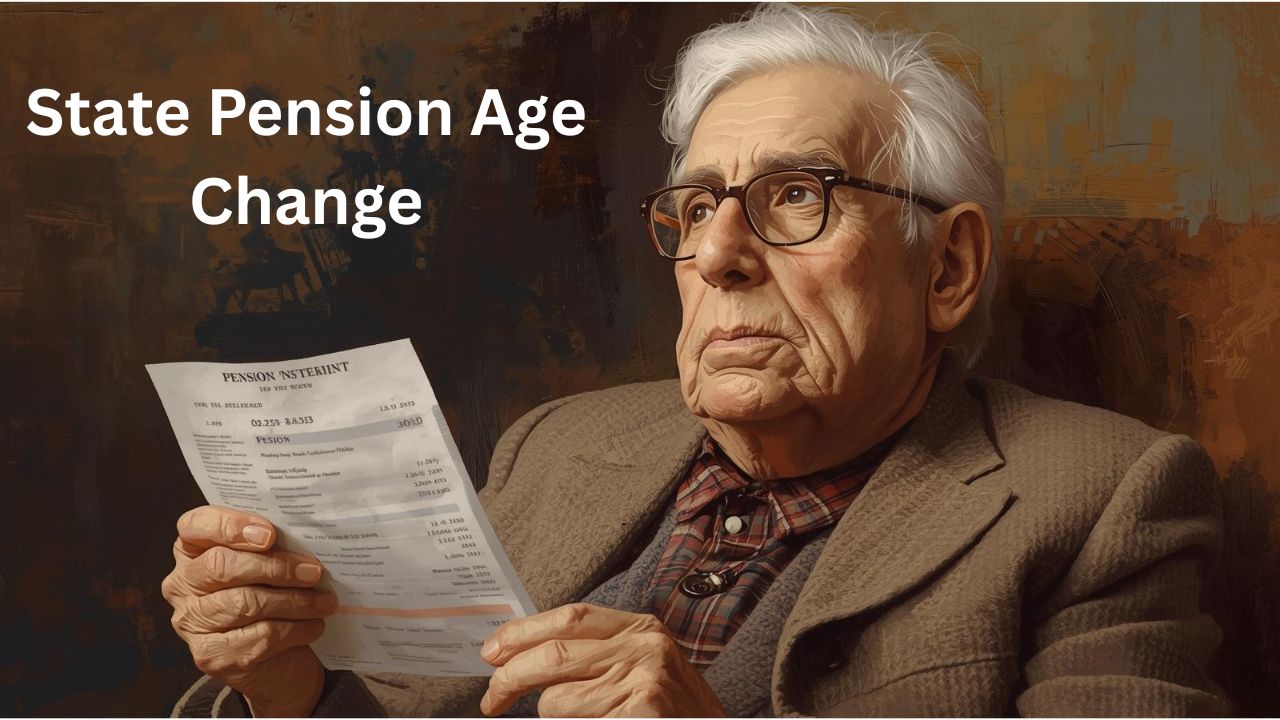If you’re approaching retirement, your plans may need a slight adjustment. Experts are clarifying a key detail about the state pension age change that means some people won’t get their pension the day they turn 66.
The state pension age is officially rising from 66 to 67, but not in a single leap. Instead, the increase is being phased in gradually over a two-year period starting in 2026. This means your exact retirement date will now depend on your precise birthdate, potentially adding months to your wait.
How the Phased Increase Works
The change means you won’t simply retire on your 66th birthday. Instead, you’ll reach your state pension age a specific number of months after you turn 66.
Here’s a clear breakdown of how it works:
If you were born between 6 April 1960 and 5 May 1960, your state pension age is 66 years and 1 month.
If you were born between 6 May 1960 and 5 June 1960, it’s 66 years and 2 months.
This pattern continues, adding an extra month for each subsequent birth month block. For instance, someone born in September 1960 will have to wait until they are 66 years and 6 months old.
The phased increase continues all the way through to April 2028, when it will officially settle at age 67 for anyone born on or after 6 April 1960.
Why the Change?
This gradual transition was explained by former Pensions Minister Sir Steve Webb. He noted that this method prevents an overnight shift that would be unfair to those who planned around a specific date, smoothing the transition for everyone.
It’s crucial to remember that your state pension age is separate from your private or workplace pension. The earliest you can currently access most private pensions is age 55, but this is also set to rise to 57 from April 2028.
The full new State Pension is currently £221.20 per week for those with 35 qualifying years of National Insurance contributions. This amount is protected by the triple lock, meaning it increases each year by the highest of inflation, average earnings, or 2.5%.
With a decision on a further rise to age 68 still delayed, staying informed on these timelines is the best way to ensure your retirement planning stays on track.
People Also Ask: Questions & Answers
Q: What is the state pension age in the UK?
A: The current state pension age is 66 for both men and women. However, a phased increase to age 67 began in 2026 and will be complete by 2028. A further rise to 68 is planned for between 2044 and 2046.
Q: How do I find out my exact state pension age?
A: The easiest way to check your precise state pension age is to use the official government’s [State Pension age calculator] on the GOV.UK website. You just need to enter your date of birth.
Q: Why is my state pension age not exactly 66?
A: The government is phasing in the increase from 66 to 67 gradually over two years. This means everyone born after a certain date in 1960 will have to wait an extra number of months after their 66th birthday to claim, with the delay depending on their exact birthdate.
Q: Can I retire before my state pension age?
A: Yes, you can retire whenever you want. However, you will not receive your state pension payments until you officially reach your state pension age. You will need to rely on other savings, investments, or private pensions to fund your early retirement.
